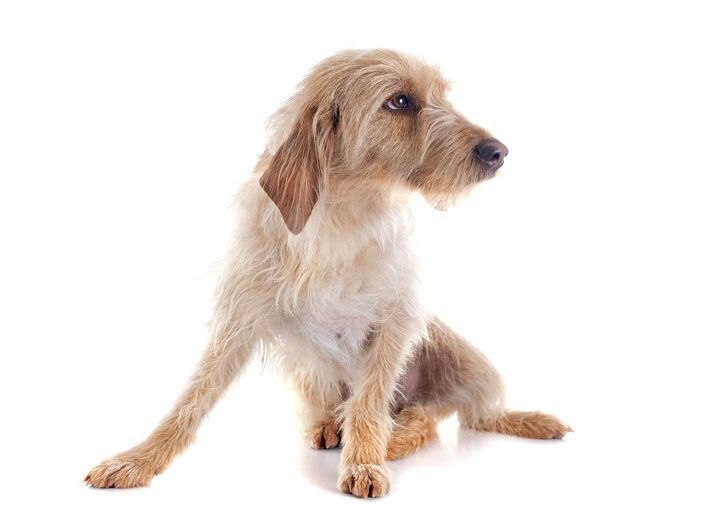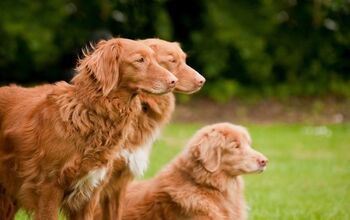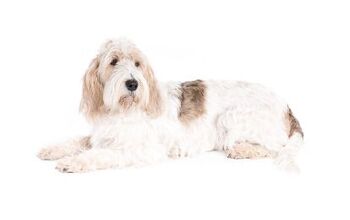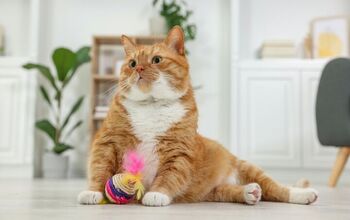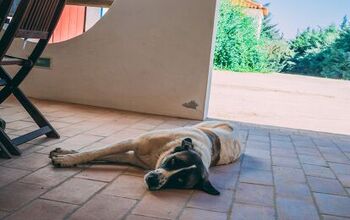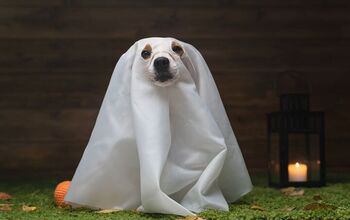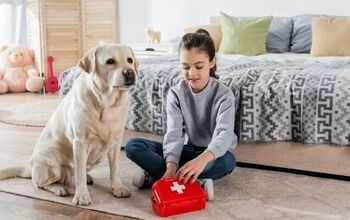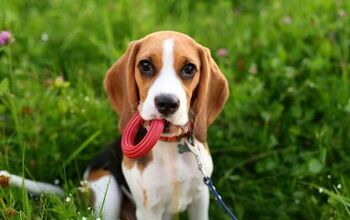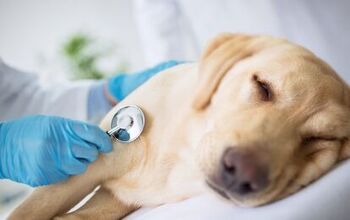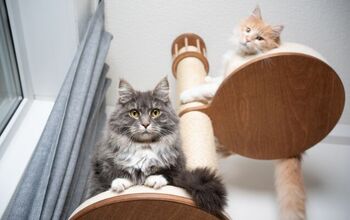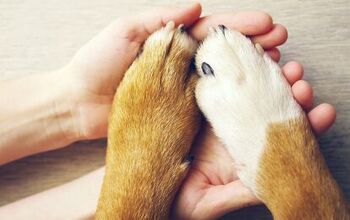Basset Fauve De Bretagne


About Basset Fauve De Bretagne
The Basset Fauve de Bretagne is a lovable small dog sporting a wiry fawn-colored coat. This breed has short legs and a compact frame, developed for scent hunting. Though this breed was developed for hunting it is a friendly and amiable pooch that typically does well as a family pet.
The Basset Fauve de Bretagne is a lovable small dog sporting a wiry fawn-colored coat.
The Basset Fauve de Bretagne breed is also known as the Tawny Brittany Basset because it is native to the northwestern area of France called Brittany. The exact origins of the breed are unknown but the breed was almost certainly developed from the now-extinct breed known as the Grand Fauve de Bretagne. This breed was developed for hunting in pre-Revolutionary France, bred for its size and speed to accompany mounted horsemen. After the Revolution, when hunting became available to all, there was a move toward smaller hounds and that is when the Basset Fauve de Bretagne came into being. This breed may have been bred from undersized pups or from smaller Grand Fauve de Bretagnes – it may have also been crossed with the Griffon Fauve de Bretagne breed. The breed nearly went extinct during World War II but was brought back into play by a number of dedicated breeders.
The Basset Fauve de Bretagne was developed from the now-extinct Grand Fauve de Bretagne. Other breeds that may have played a role in the breed’s development include the Petit Basset Griffon Vendeen and the Wirehaired Dachshund.
The Basset Fauve de Bretagne is a smart and trainable breed that excels particularly well in hunting.
The Basset Fauve de Bretagne is a small-breed dog so it should be fed a dog food diet formulated for dogs of its size. Small-breed dogs have high energy needs and fast metabolisms so their diet should container higher levels of fat (a highly concentrated source of energy) than a diet for large-breed dogs. Make sure to choose a diet made from high-quality ingredients including animal proteins.
The Basset Fauve de Bretagne is a smart and trainable breed that excels particularly well in hunting. Because this breed was developed to hunt independently it can be a little willful and independent at times, but consistent and firm training will make him a great family pet. The Basset Fauve de Bretagne works well with other dogs and generally doesn’t have a problem with destructive behaviors as long as he receives enough exercise. This breed does, however, require plenty of attention and mental stimulation to prevent him from developing problem behaviors.
The Basset Fauve de Bretagne is a small- to mid-sized breed dog that generally stands between 13 and 15 inches tall and weighs between 36 and 40 lbs.
The Basset Fauve de Bretagne exhibits many qualities typical to the hound type, having a strong instinct for hunting and scenting as well as an ability to flush game. This breed is determined and unwavering in its dedication but it also has a friendly disposition. Because this breed is friendly and naturally active, it makes a good choice for children. Although this breed does have strong hunting instincts, it can get along with other pets when raised from an early age together. One thing to be mindful of with this breed, however, is that it was bred to hunt independently so it does have a mind of its own.
The Basset Fauve de Bretagne is a fairly healthy and hardy breed that lives up to 14 years on average. Though generally healthy, all dogs are prone to developing certain health problems. The problems most likely to affect the Basset Fauve de Bretagne breed include ear infections, cataracts, kidney failure, corneal ulcers, and reproductive problems.
The Basset Fauve de Bretagne has an average lifespan between 11 and 14 years.
As a dog bred for hunting, the Basset Fauve de Bretagne has fairly high needs for exercise. Equally important as the amount of exercise this breed gets is the amount of mental stimulation. This breed is smart and trainable so it responds well to training but you need to engage his mind as well as his body or there is a risk for the development of problem behaviors.
The Basset Fauve de Bretagne exhibits many qualities typical to the hound type.
The Basset Fauve de Bretagne is not currently recognized by the AKC but it is part of the Foundation Stock Service. When registration numbers are high enough, the breed will be formally recognized as part of the AKC hound group.
The Basset Fauve de Bretagne has a fairly short, very rough coat that is fawn in color. Some dogs may require stripping of the coat and this should generally be done by an experienced groomer unless you have experience yourself. The hair on the ears is generally shorter and finer than the rest of the coat. Regular brushing and grooming will help to control shedding and keep the coat in good health.
The average litter size for the Basset Fauve de Bretagne is about 6 puppies. At one time, the Basset Fauve de Bretagne was commonly bred with the Griffon which produced litters in which some puppies had longer legs. This practice is no longer permitted, however, so most Basset Fauve de Bretagne puppies are born with the short legs for which the breed is known.
Photo credit: cynoclub/Bigstock; Life on White/Bigstock; Bokehboo Studios/Shutterstock

Kate Barrington is the loving owner of two cats (Bagel and Munchkin) and a noisy herd of guinea pigs. Having grown up with golden retrievers, Kate has a great deal of experience with dogs but labels herself a lover of all pets. Having received a Bachelor's degree in English, Kate has combined her love for pets and her passion for writing to create her own freelance writing business, specializing in the pet niche.
More by Kate Barrington



